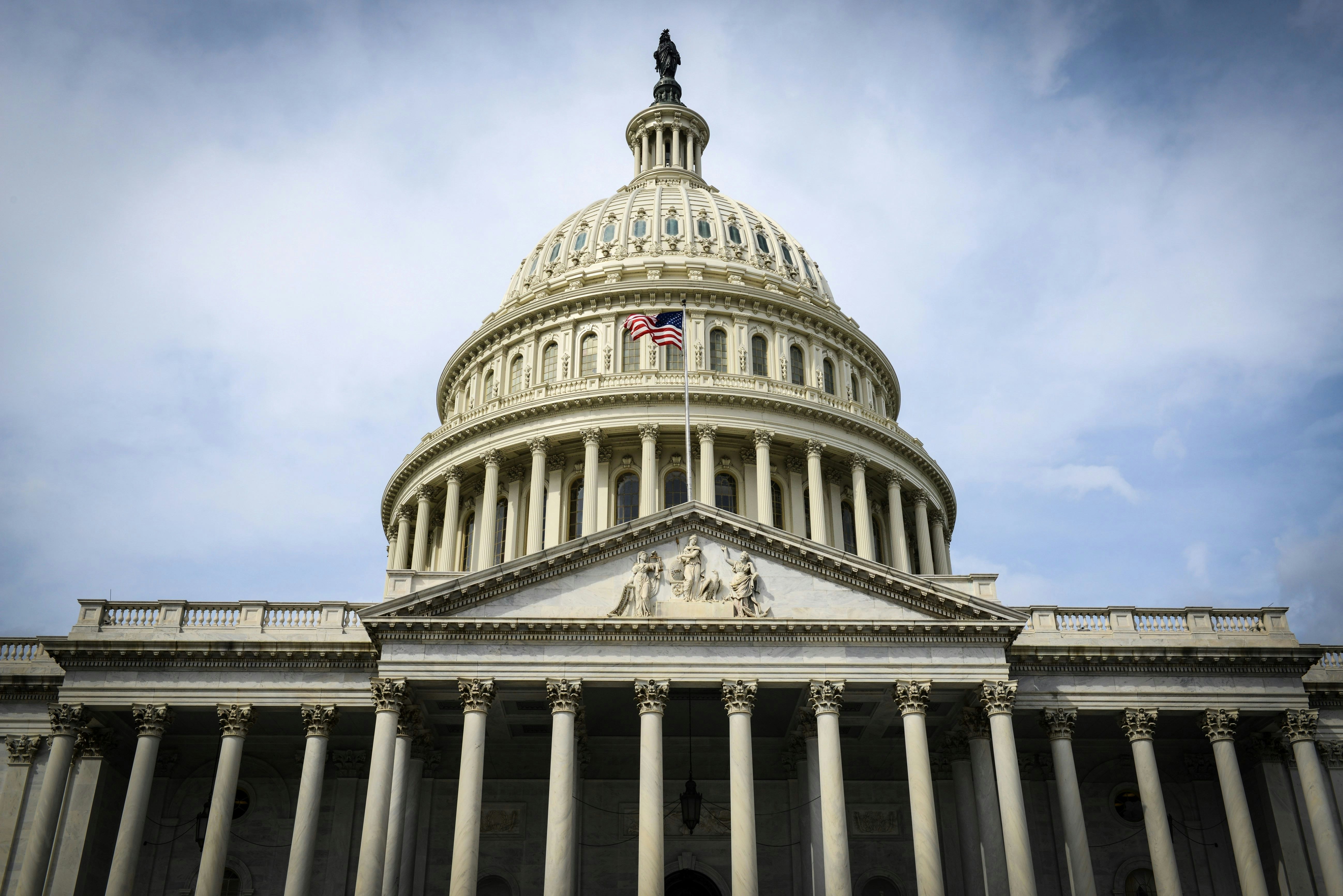The 2025 reconciliation bill could leave millions uninsured, analysis says

The “One Big Beautiful Bill Act,” a reconciliation package recently passed by House Republicans, could increase the number of Americans without health insurance, according to a recent analysis from health policy organization KFF.
The legislation proposes changes to Medicaid and the Affordable Care Act (ACA) Marketplaces, which could leave an additional 10.9 million people uninsured due to these modifications alone, KFF reported based on recent Congressional Budget Office (CBO) estimates.
The impact becomes greater when the enhanced premium tax credits for ACA Marketplace enrollees are set to expire later this year. According to the analysis, “When combining the reconciliation bill’s effects with that of the expected expiration of the ACA’s enhanced premium tax credits, CBO expects 16 million more people will be uninsured in 2034 than would otherwise be the case.”
State-level impacts vary across the country. Sixteen states and the District of Columbia would experience increases in uninsured rates of three percentage points or more solely from the reconciliation package. These states include Washington, Oregon, Louisiana, New York, Kentucky, Florida, California, Illinois, New Mexico, Rhode Island, Connecticut, Arizona, New Jersey, West Virginia, Arkansas, and Alaska.
Furthermore, California and Florida would bear the heaviest burden in terms of absolute numbers, with 1.7 million and 990,000 additional uninsured residents respectively. New York, Texas, and Illinois follow behind with projected increases of 920,000, 770,000, and 500,000 uninsured individuals.
When factoring in the expiration of the enhanced ACA tax credits, under this combined scenario, Florida, Georgia, Louisiana, Texas, Mississippi, Washington, and the District of Columbia would see their uninsured rates climb by at least five percentage points. In total, 35 states plus DC could experience uninsured rate increases of three percentage points or more.
The report noted that about half of the 16 more million Americans who would be uninsured in this scenario live in these five states: Florida (2.3 million), Texas (1.9 million), California (1.8 million), New York (920,000), and Georgia (750,000).